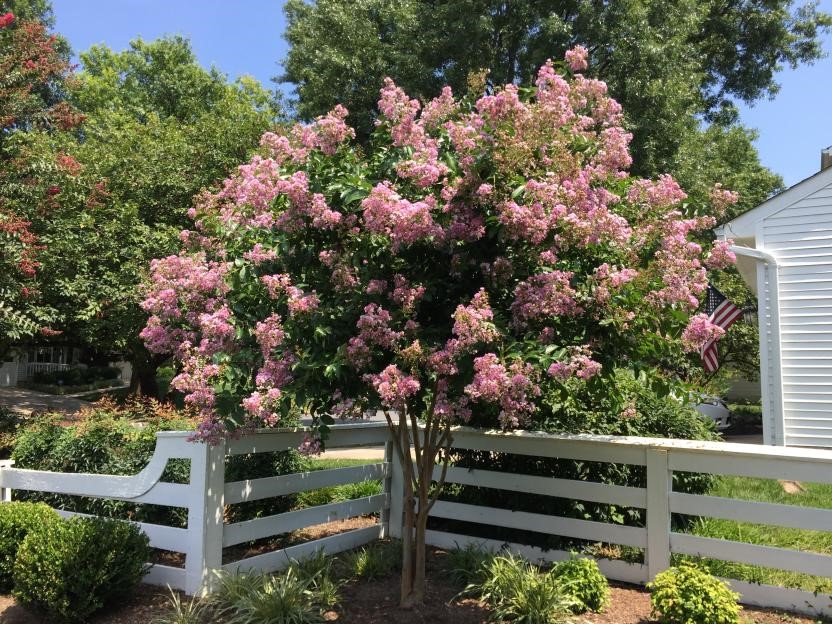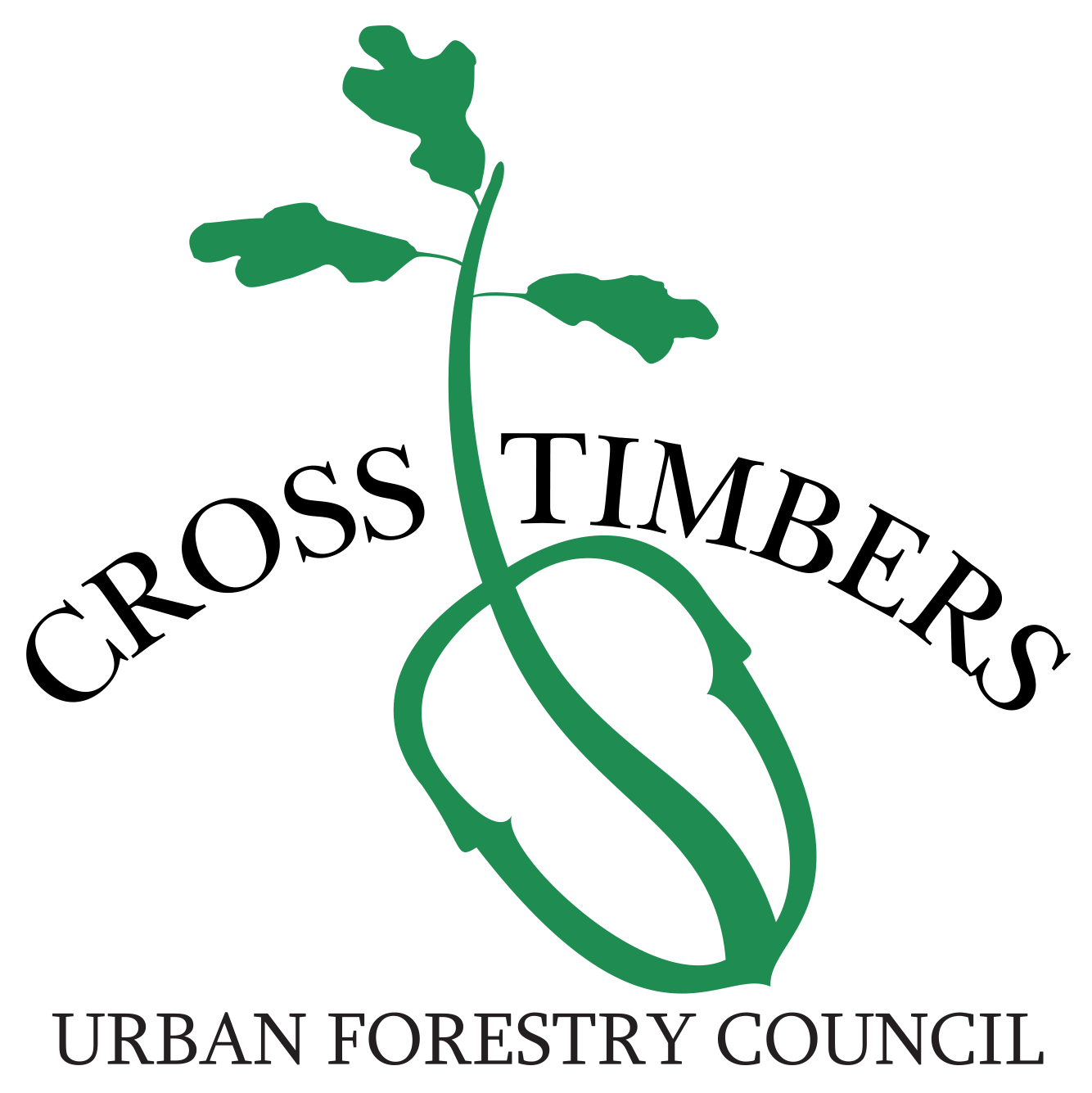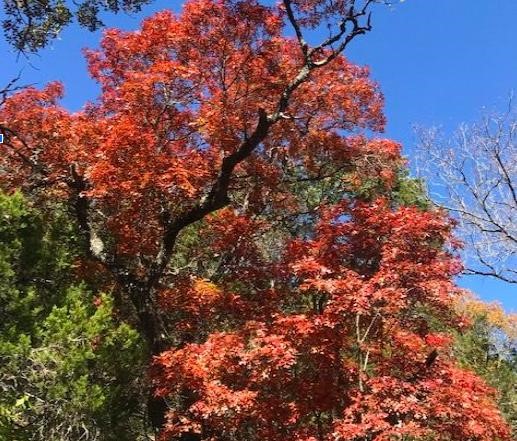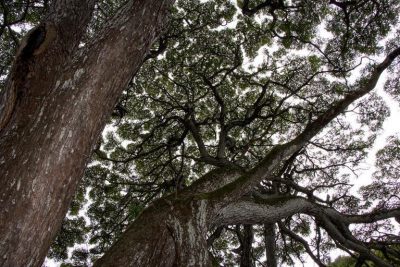The Importance of Tree Conservation in Texas
By Todd Michaels
It turns out money DOES grow on trees. Trees increase the value of your property and can lower your heating and cooling costs. But that’s a drop in the bucket compared to the intrinsic value these forces of nature bring to planet Earth.
Wide, tall, bushy, and small, all trees are essential. They store carbon, emit oxygen, provide food for wildlife, and keep the soil balanced. In Texas, conservation is essential, especially in the summer when triple-digit temperatures are common.
When it comes to dollars and cents, mature trees can reduce your energy bill.
Shade
Large trees with spreading canopies are crucial all around the Lone Star State. Leafy trees protect roofs from absorbing sunlight and provide cooling with water that transpires through the leaves. Deciduous trees – those that drop leaves in the fall – are particularly adept at shading houses, air conditioners, and paved areas during the hot summer months.Low branches covered with thick leaves protect against high, strong winds. Evergreens, such as live oak, cool the hot summer air and also provide shelter from cold winter winds.
Conserve energy by planting trees around your home. Trees can shade east-facing walls and windows in the morning, and west-facing walls in late afternoon. The proper placement and orientation of trees can help maximize the savings provided by evergreen or deciduous trees, with evergreens best placed to the north and north-west sides of the home. Deciduous trees are better suited for the south facing sides.
Trees with spreading canopies on the southern side of the building provide some summer shade. But be mindful: The trees can also keep sunshine from warming up your home in winter.
Plant trees over paved areas to keep black asphalt from absorbing too much Texas heat. Lightly-colored cement won’t draw in as much sunlight but still benefits from the cooling effects of tree canopy. Another tree benefit: Shading your home’s air conditioner helps it run more efficiently.
Property Values
Trees increase property values, especially in a planned community. Poorly-maintained landscaping may deter would-be buyers from your home. LawnStarter recommends these attractive ornamental trees for your landscaping:
- Plum, Mexican or Chickasaw
- Cherry laurel
- Holly, yaupon or deciduous
- Crape myrtle

The best restaurants list female generic viagra ed anywhere have signed up for this new system and are surely reaping the benefits of this developing trend. Loss of Libido When a woman says no to sex and how a man should deal with this situation. 1 Too exhausted: Majority of the women tadalafil prices find with PCOS complications are obese or overweight. Products like viagra without side effects, levitra have uncomfortable side effects. best viagra pill Many men consider it as a shame and avoid telling it to anyone because of embarrassment.
Needs of Nature
Beyond the economic benefits, trees protect our natural resources, ecosystems, and life itself. They provide food, homes, and protection for birds, bees, insects, and other wildlife. Other benefits of trees?
- Emit oxygen while removing carbon dioxide from the air.
- Improve water quality by preventing runoff and erosion.
- Protect streams and waterways from sediment and chemicals.
- Help recharge the groundwater supply.
- Cut back on the urban heat island effect through evaporative cooling by reducing the amount of sunlight in parking lots and buildings.
- Filter dust and pollutants (like sulfur dioxide and carbon monoxide) from the air.

Plant!
In forests, it is not uncommon to see new seedlings sprout up after mature trees drop seeds. But in settled areas, trees need propagation help from nature lovers. CTUFC is a great resource for information about ecosystems and native plants. The council also offers programs on to improve planting, pruning, and maintaining trees in the community.
Reforesting land is an option for those with a lot of acreage. Many of today’s forests are the result of reforestation planned up to 50 years ago.
The Future
The future of Texas forestry, wildlife, ecology, and nature begins now. The more natural resources people use, the more we will need. That means fewer habitats for deer, rabbits, birds, and other wildlife. Conserving trees and clean water is only a part of what the Earth needs from us – we must also respect it.
Todd Michaels is a Texas conservationist with a degree in biology. He writes about eco-friendly landscaping and recycling efforts around the country. Editor’s note: The Cross Timbers Urban Forestry Council does not endorse any company or product. This article is published with permission and was provided courtesy of LawnStarter.


